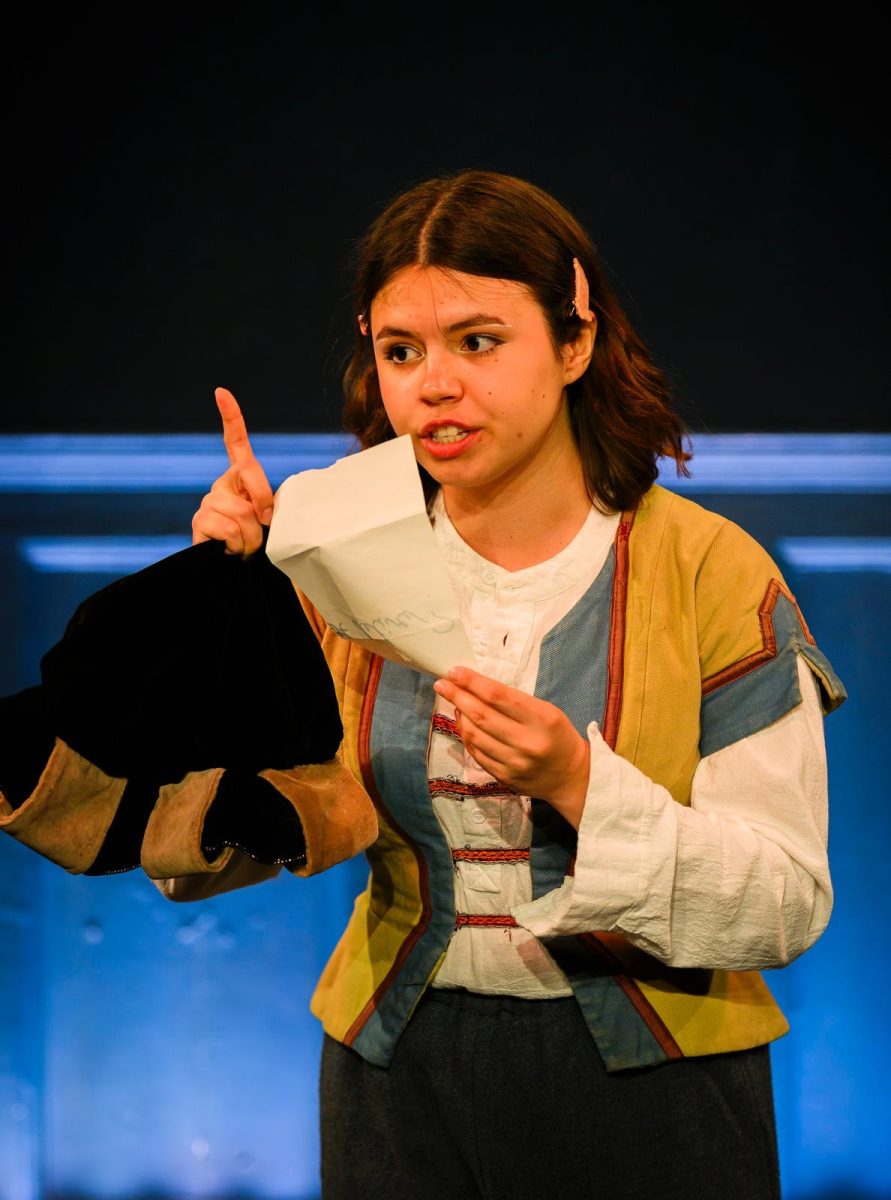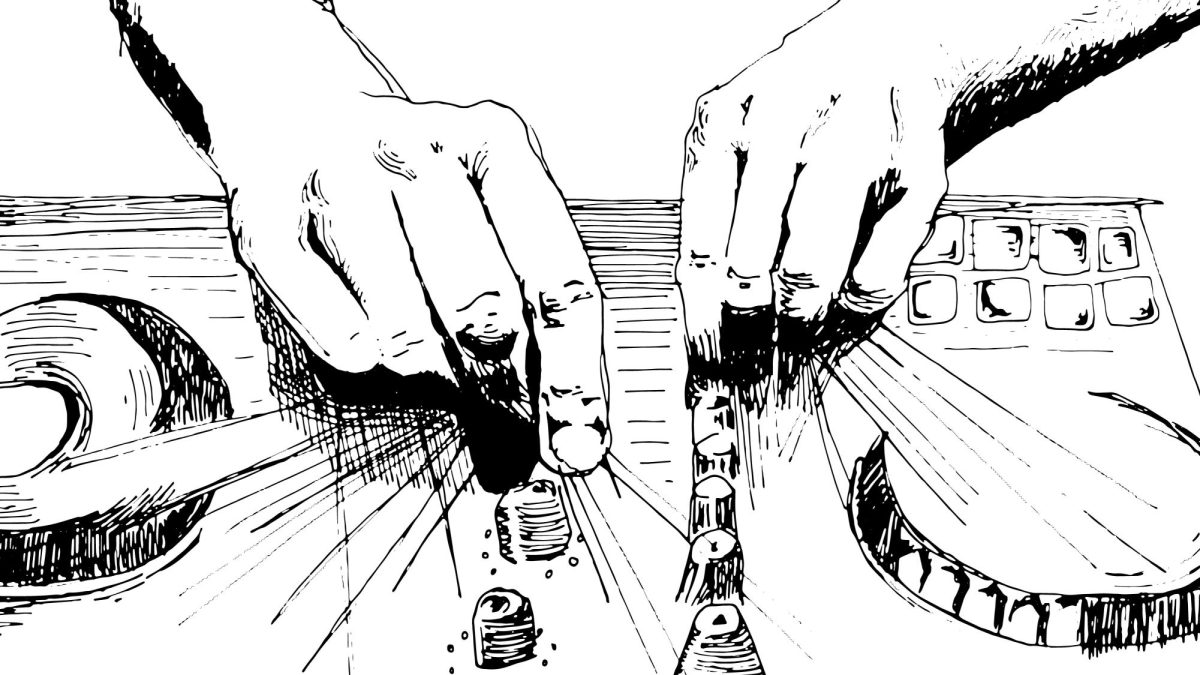Tonight, the theatre department will present Radio Dramas, a series of short pre-recorded radio plays selected from Suzan-Lori Parks’ 365 Days / 365 Plays. The show was recorded, edited and produced this fall by a cast and crew spread across the country and beyond, and the format represents “a way out of—or through—the pandemic,” according to Creative Producer Nicolle Mac Williams ’21.5.
The radio format allowed the cast and crew to work on a production in spite of restrictions on physical gatherings. Mac Williams said Radio Dramas fits into an ongoing effort “to continue to make art in a way that’s engaging for both the creator and the audience.”
365 Days / 365 Plays is the result of a project in which Parks resolved to write a play a day for a year. Most are a few pages long, and the five directors—Mackenzie Grace ’22, Olivia Graceffa ’22, Tali Natter ’23, Raphael Rakosi-Schmidt ’23 and Chris Van Liew ’23—were encouraged to select a handful according to their own vision. (Editor’s note: Natter is an arts and podcast editor for the Record but was not involved in the reporting and writing of this piece.)
Each part includes four or five actors, and each director worked with visual artists to produce works—a painting, an embroidery, a sculpture, a lino print, and drawings—that accompany the radio plays.
For Amalia Culpepper-Wehr ’24, who is studying remotely from Saratoga Springs, N.Y., the show was her introduction to the College’s theatre scene. She was cast in two directors’ programs, giving her unique insight into how different directors chose to interpret Parks’ diverse range of works.
Since she, like some of the other cast members, stage managers, directors or designers, is studying remotely, the department shipped her a microphone and pair of headphones to use during the recording process. For Minsuh Choi ’23, who lives in South Korea, getting the right equipment was trickier, but it came together in the end.
Casts conducted synchronous rehearsals over Zoom, making best use of the platform’s more precise sound settings, meaning that “it wasn’t like anything was sacrificed due to people being remote,” Culpepper-Wehr said.
Mac Williams expressed regret nonetheless that the cast and crew couldn’t work together in their usual fashion. “That’s not to say the community isn’t there— it’s just not as palpable, which is sad,” she said. “I miss that connection. I miss everyone being in a room together.”
But in a semester turned on its head by COVID-19, the radio format is one of the few that allows for a theatrical experience resembling something audiences would have attended in normal times. And in Mac Williams’ view, radio is still one step up from a video production over Zoom.
“Zoom theatre is the worst thing, period,” she said. “It’s not fun, it feels so two-dimensional, and you don’t really get to have that audience interaction that makes theater what it is — that powerful force that can change the way you think, or challenge ideas that you have.”
That said, the radio format did allow for creative possibilities that a traditional production might not have, according to Mac Williams. “People were really able to make it their own, and to craft a storyline for the audience in a way that doing a play in the ‘normal,’ typical theater way might have not given people that liberty and freedom,” she said.
In that spirit, Grace took advantage of the format to add an unusual twist to her program: she made the characters continuous in her two acts of four plays each, even though Parks wrote the plays to have different characters.
But like the other directors, Grace had to negotiate Parks’ sometimes quite elaborate stage directions. She chose not to have them be read aloud, leaving her with the difficult decision of whether to even attempt to convey to the audience without visual support or dialogue that a character was, for example, building a house of cards.
Grace and Mac Williams praised the sound designers — Fan Zhang, Maye McPhail ’22, Abbey Murray-Stark ’22, Abby Shen ’24 and Lindsay Wang ’24 — who put everything together this week after actors recorded their parts in locations around the world. Their work included not only editing dialogue, but dropping in sound effects and in some cases adding music. Grace said she was particularly pleased with the difference in sound quality between Zoom rehearsals and the high-tech final product. “To hear it in one thing with all the sound effects and music, not just as people talking over Zoom, is such a massive boost in quality— it was just incredible,” she said.
The Radio Dramas will be broadcast on Nov. 13 and 14 over Zoom. Although it is the first theatre department production since the pandemic, it will likely not be the last to have to take extraordinary measures to adapt to life under COVID. Nevertheless, Mac Williams said, “I’m very optimistic to see how this turns out, and what the Williams community thinks of it.”







